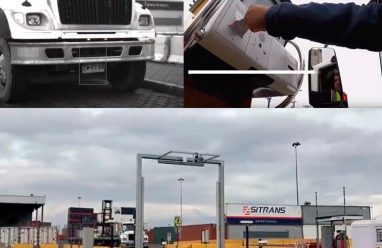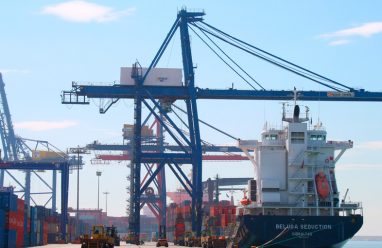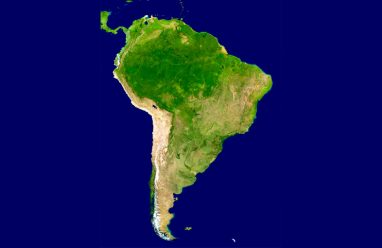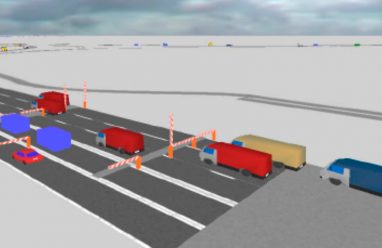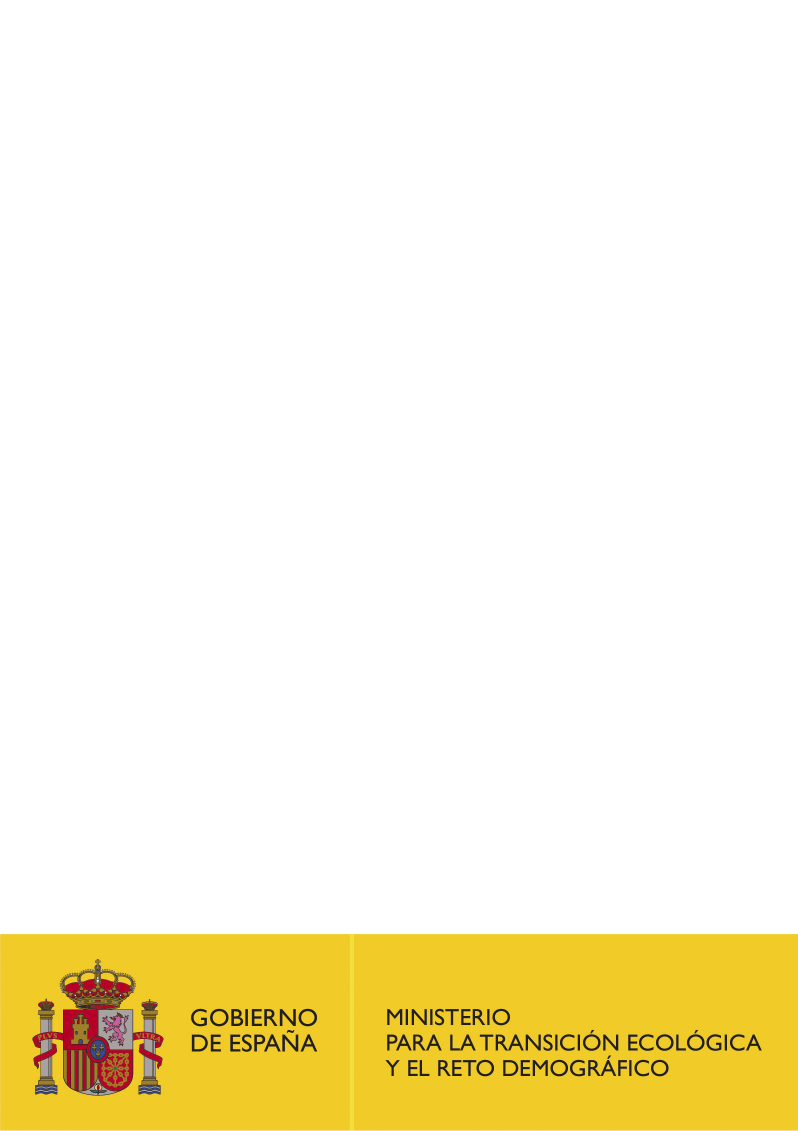COREALIS proposes a strategic and innovative framework, supported by disruptive technologies (IoT, data analytics, 5G networks, etc.) so that cargo ports can manage present and future capacity, traffic, efficiency and environmental challenges.
The proposed innovations aim to increase the efficiency of port operations and optimize land use, while at the same time being financially viable, respecting the principles of the circular economy and being of service to the environment and the urban landscape. All innovations will be implemented and tested under real operational conditions in 5 Living Labs, in the ports of Piraeus, Valencia, Antwerp, Livorno and Hamina-Kotka. Their aims include:
- Adopt circular economy models in port operations.
- Reduce the environmental footprint of the port associated with intermodal connections and the surrounding urban environment.
- Improve operational efficiency, optimize capacity and streamlining cargo flows without the need for additional infrastructure investment.
- Enable the port to take informed strategic medium- and long-term decisions and become an innovation hub for the local urban area.
The aims will be achieved through a three-stage implementation: identification of port requirements (technical, operational, social, environmental, legal, security, etc.) (Stage 1), technical design and development of COREALIS innovations (Stage 2), implementation of COREALIS innovations in the Living Labs (LLs) and their subsequent assessment (Stage 3).
Innovations to be developed in the Port of Valencia include an IoT solution for ground transportation to improve container delivery and reception operations, a study on the implementation of a rail shuttle in a specific corridor and the organization of a hackathon to help to encourage collaboration among the ports sector, start-ups and enterprises for the digitalization of procedures and the promotion of innovation in the ports sector.
COREALIS aims to establish efficient connections with inland transport networks and encourage the use of more efficient modes of transport from an energy perspective (for example, railways and inland waterway). It will foster the intelligent urban development of port cities, enabling port operators to make informed decisions about sustainable policies with the city stakeholders.



